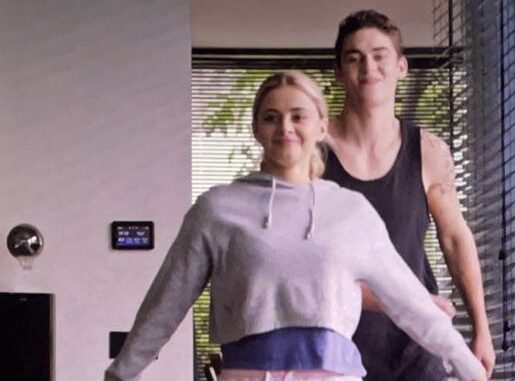
The film opens with Hardin spiraling after learning Christian Vance is his real father, a bombshell that fuels his anger and alcoholism. Tiffin’s portrayal is raw, his brooding intensity both magnetic and polarizing. Tessa, meanwhile, returns to Seattle, where a tragic loss shakes her world. Langford’s performance is the film’s heartbeat, her quiet resilience shining as Tessa wrestles with her love for Hardin and her need for independence. Their push-and-pull dynamic—marked by steamy reunions and painful separations—keeps you invested, even when their choices frustrate.
After Ever Happy dives into the complexities of love. Tessa’s growth from a “good girl” to a woman seeking her own path is empowering. Hardin’s struggles, though often self-inflicted, humanize him as he grapples with his past. The screenplay, adapted by Sharon Soboil and Todd, tackles heavy themes—grief, addiction, and family secrets—with a sincerity that resonates. Supporting characters like Landon and Nora, played by Chance Perdomo and Kiana Madeira, bring warmth, their budding romance a sweet contrast to Hessa’s storm.

The film’s production, shot back-to-back with After We Fell in Bulgaria, delivers a polished look despite a modest budget. London’s gritty vibe and Seattle’s melancholic tone, enhanced by a moody color palette, mirror the characters’ turmoil. The soundtrack, including “We Are Family” by Sister Sledge, ties into the narrative’s focus on fractured families finding healing. While critics panned the film (0% on Rotten Tomatoes), fans propelled it to $1.1 million domestically and $7.9 million globally, showing Hessa’s enduring pull.
What makes After Ever Happy special is its emotional stakes. Tessa’s decision to move to New York signifies her reclaiming her life, while Hardin’s book, After, reveals his attempt to process their story. The film’s climax, though open-ended with a “to be continued” tease, leaves you hopeful for Hessa’s future. Langford and Tiffin’s performances, despite occasional chemistry gaps, carry the weight of a love that’s both destructive and transformative. For book fans, the film faithfully adapts key moments, like Tessa’s grief and Hardin’s redemption arc.
